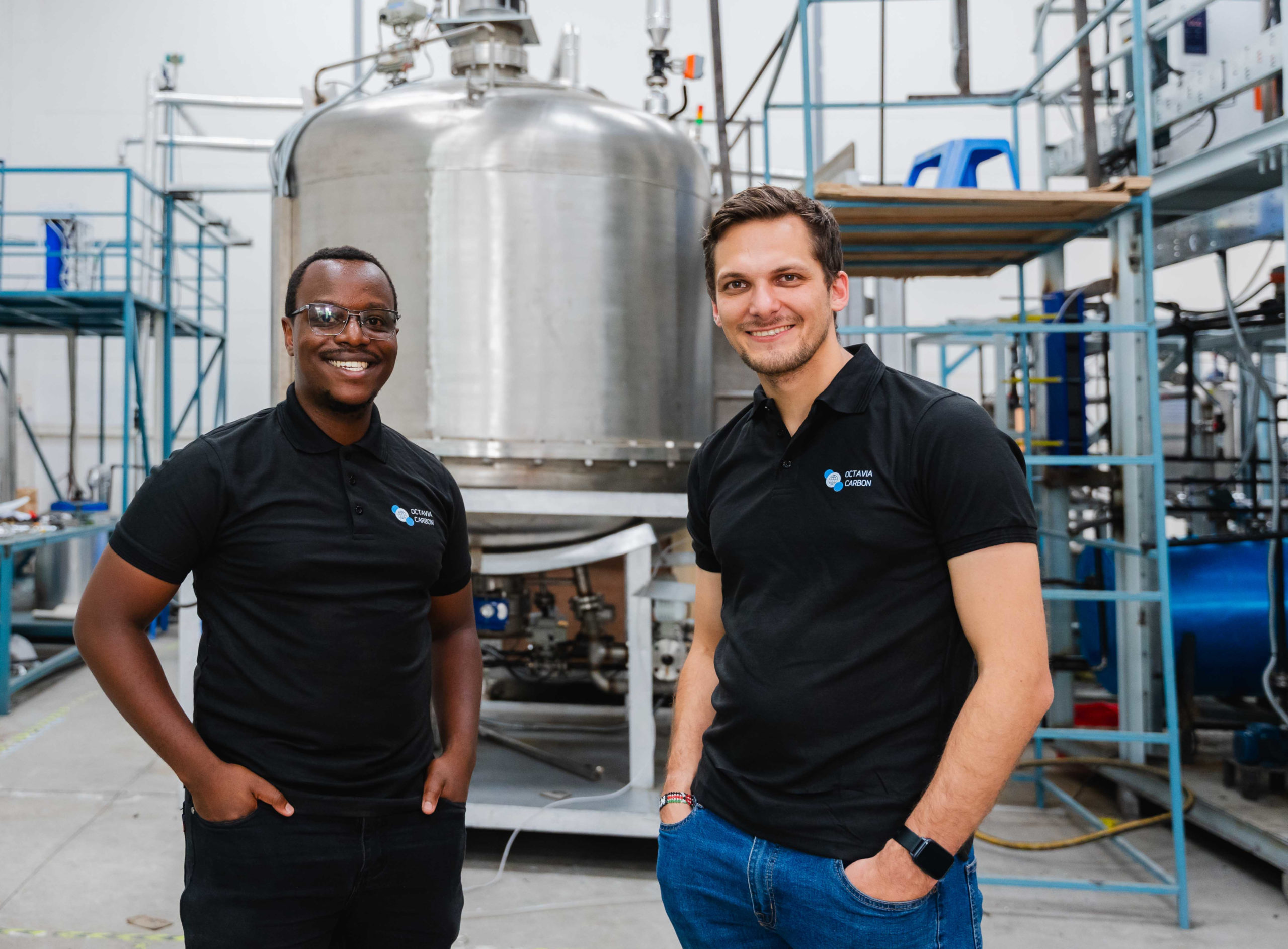
In a significant boost to Africa’s climate tech sector, Kenyan-based startup Octavia Carbon has successfully raised $5 million in seed funding. This injection of capital marks a pivotal moment for the company as it prepares to construct its first Direct Air Capture (DAC) storage plant, positioning Kenya at the forefront of global carbon removal efforts.
The Promise of Direct Air Capture
Direct Air Capture technology represents a cutting-edge approach to combating climate change. Unlike traditional carbon capture methods that focus on point sources such as industrial emissions, DAC removes carbon dioxide directly from the ambient air. This process involves drawing air into specially designed machines, filtering out the CO2, and then safely storing it underground.
The importance of such technology cannot be overstated. Excess CO2 in the atmosphere is a primary driver of global warming and is responsible for depleting the Earth’s ozone layer. This depletion leads to increased ultraviolet (UV) radiation, which poses severe risks to human health, including higher rates of skin cancer and cataracts, as well as potential damage to plant life and ecosystems.
Octavia Carbon’s Journey
Founded in 2022 by Martin Freimüller and Duncan Kariuki, Octavia Carbon has rapidly evolved from a kitchen table experiment to a promising player in the global fight against climate change. The company’s approach is twofold: designing and building CO2 capture machines, and then utilizing these machines to remove carbon dioxide from the atmosphere.
What sets Octavia apart is its innovative storage solution. In Kenya’s Rift Valley, the captured CO2 is liquefied and injected into porous basalt rock formations. Over time, this CO2 undergoes a natural process of mineralization, transforming into solid rock and ensuring long-term, stable storage.
Funding and Future Plans
The $5 million seed round was led by Lateral Frontier and E4E Africa, with participation from a consortium of investors including Catalyst Fund, Launch Africa, Fondation Botnar, and Renew Capital. This diverse group of backers underscores the growing interest in climate tech solutions across various investment sectors.
Martin Freimüller, Co-founder and CEO of Octavia Carbon, expressed excitement about the funding: “This investment enables us to soon become the world’s second DAC company to complete the full cycle of deploying CO2 capture and geological storage in the field.” The company plans to open the first phase of its plant later this year, marking a significant milestone in its growth trajectory.
Global Context and Competition
Octavia Carbon joins a select group of companies worldwide focusing on Direct Air Capture technology. Currently, there are only 18 such plants globally, with notable players including Climeworks in Switzerland and Carbon Engineering in Canada. These companies are crucial in the race to meet the United Nations’ global climate goals, which emphasize the need for large-scale carbon removal.
However, Octavia has a unique advantage. “What sets us apart is our ability to harness Kenya’s abundant geothermal energy, especially waste heat, to significantly lower the costs of DAC,” Freimüller explained. The company claims to use geothermal waste energy for 80% of its electricity needs, potentially giving it a significant edge in operational efficiency and cost-effectiveness.
Economic Model and Scalability
Octavia Carbon’s primary revenue stream comes from selling carbon credits to corporations and individuals looking to offset their carbon emissions. The company has already pre-sold 2,000 tons of carbon dioxide removal, which industry experts estimate could translate to over $1 million in revenue.
Currently, the cost of extracting a ton of CO2 ranges from $680 to $820. Octavia aims to dramatically reduce this to around $100 per ton, which would revolutionize the economics of carbon removal. The company’s immediate goal is to capture 1,000 tons of CO2 annually, but Freimüller has his sights set much higher: “Scaling for us involves increasing our carbon removal efforts far beyond Project Hummingbird’s initial capacity of 1,000 tons of CO2 per year.”
Broader Impact and Industry Perspectives
Dr. Jennifer Wilcox, a professor of chemical engineering and energy policy at the University of Pennsylvania, commented on the significance of Octavia’s work: “The development of DAC technology in diverse geographical contexts is crucial. Octavia’s approach in Kenya could provide valuable insights into operating these systems in different climatic conditions and with varied energy sources.”
The Climate Policy Initiative, in a recent report, highlighted the potential of DAC in emerging markets: “Companies like Octavia Carbon are not just addressing climate change; they’re creating new economic opportunities in regions that have historically been on the receiving end of climate impacts.”
Future Ambitions
Beyond its immediate plans for scaling carbon capture operations, Octavia Carbon has ambitious goals to become an Original Equipment Manufacturer (OEM) for DAC technology. This would allow the company to sell its DAC machines to project developers globally, potentially accelerating the adoption of this crucial climate technology worldwide.
As climate change continues to pose unprecedented challenges, innovations like those being developed by Octavia Carbon offer a glimmer of hope. By combining cutting-edge technology with locally available renewable energy sources, the company is not only working towards a more sustainable future but also positioning Africa as a leader in climate solutions.
The success of Octavia Carbon and similar ventures could pave the way for a new era of climate technology, where solutions are developed and implemented globally, with significant contributions from regions previously underrepresented in the tech and climate sectors.
